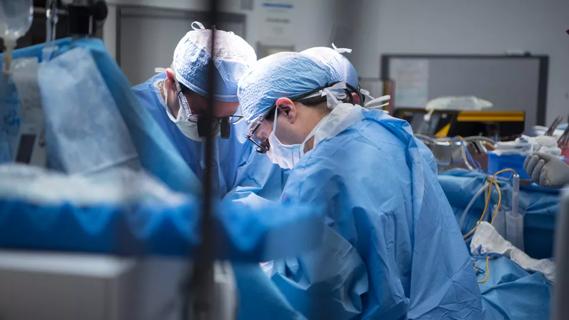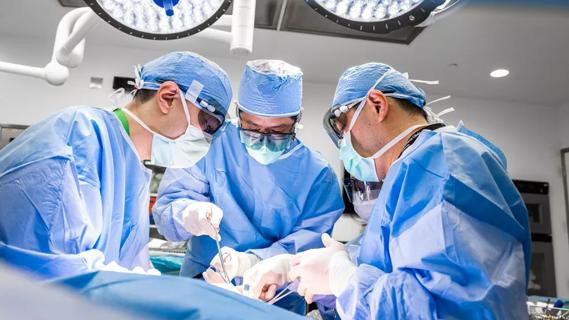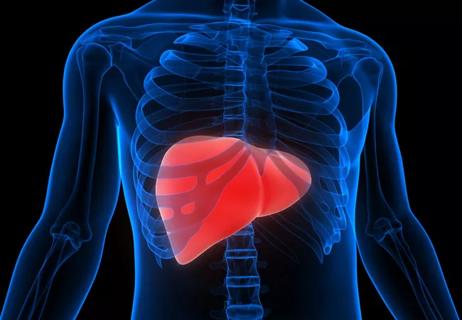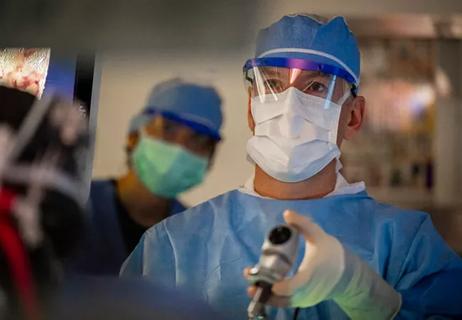Viewpoints from Steven Wexner, MD

Advertisement
Cleveland Clinic is a non-profit academic medical center. Advertising on our site helps support our mission. We do not endorse non-Cleveland Clinic products or services. Policy
As I have discussed in prior Consult QD posts, although the robot adds a significance expense to the treatment of rectal cancer it has not been proven to have any statistically significant advantages. However, due to a variety of market forces and claims of ergonometric superiority, surgeons continue to adopt the technology.
Schootman and colleagues used the National Inpatient Sample (NIS) to evaluate any changes in adoption of robotic technology between 2010 and 2012.
During that time, they noted an increase in hospitals using robotic-assisted surgery to treat colorectal cancer from 20.1 percent to 27.4 percent. Yet robotic-assisted surgery accounted for only 1.3 percent of colorectal cancer operations during that period, with a wide range from 0.1 percent to 15.2 percent.
Interestingly, and perhaps intuitively, there was a shift in the percentage of patients who underwent minimally invasive surgery whose surgery had been performed with the robotic platform, from 1.5 percent in 2010 to 3.6 percent in 2012.
In addition, the authors identified the largest increase in the deployment of the robot in patients with rectal cancer, increasing from 5.5 percent in 2010 to 13.3 percent in 2012.
The authors offer an interesting conclusion that “there is wide variation in the use of this technology that likely is related to market forces.” I agree with their assessment.
Advertisement
Advertisement

Strong patient communication can help clinicians choose the best treatment option

ctDNA should be incorporated into care to help stratify risk pre-operatively and for post-operative surveillance

The importance of raising awareness and taking steps to mitigate these occurrences

New research indicates feasibility and helps identify which patients could benefit

Treating a patient after a complicated hernia repair led to surgical complications and chronic pain

Standardized and collaborative care improves liver transplantations

Fewer incisions and more control for surgeons

Caregiver collaboration and patient education remain critical